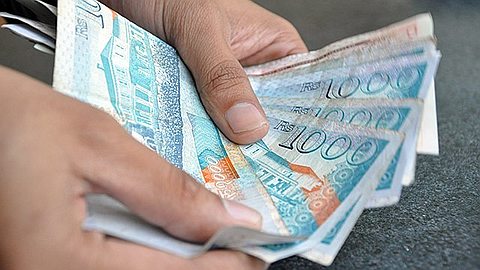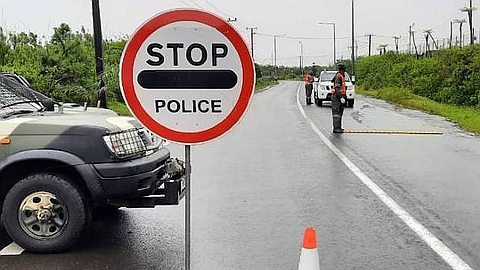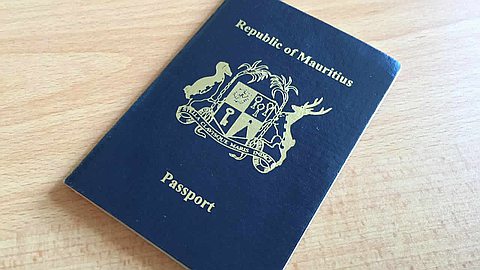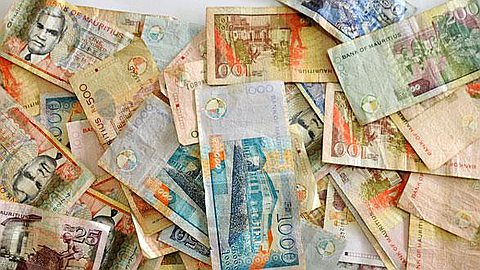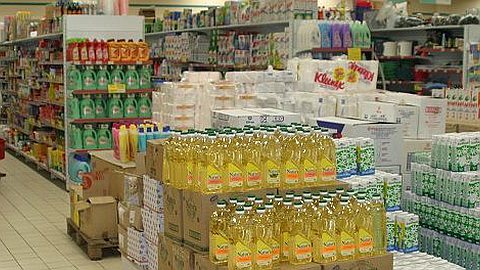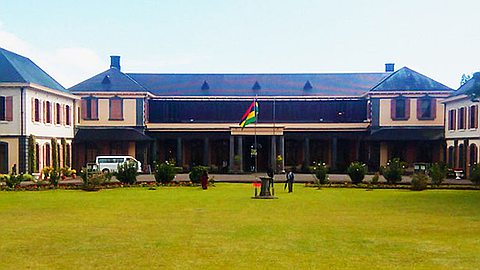Mauritius is one of the world "stars"
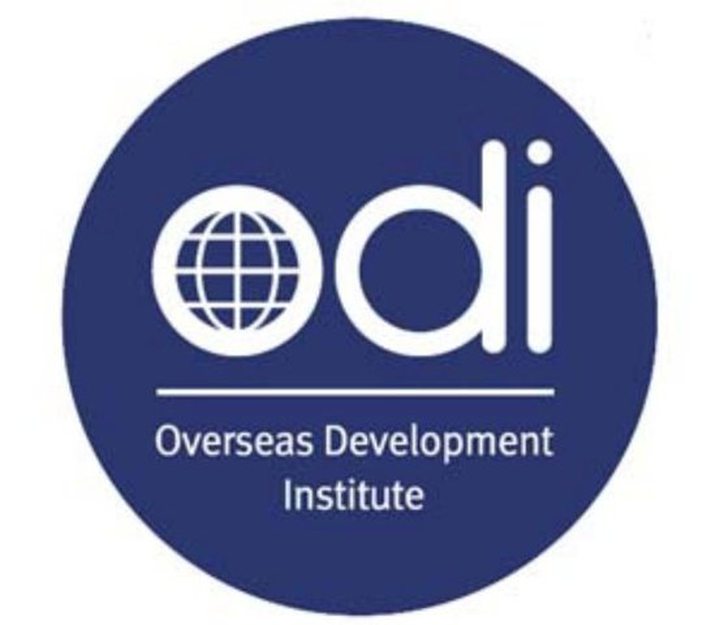
The island is named as one of the best-performing countries of the developing world for “economic conditions”.
According to the Overseas Development Institute (ODI), which released its latest report called “Mapping Progress” yesterday, elite performers of the developing world (including Mauritius) demonstrate that breaking out of poverty requires intelligent leadership as well as cash.
The other “stars” it cites are Bangladesh, Bhutan, Brazil, Costa Rica, Ghana, Thailand, Uganda and Vietnam. This report is based on the Progress in Development: A Library of Stories project funded by the Bill & Melinda Gates Foundation.
The report divides countries into four categories and “stars” are progress stories that stand out by any definition: improvements are broad-based and have been sustained over a long period of time.
In some progress stories, underlines the report, greater inclusion has been achieved through electoral reforms.
“Electoral reform in Mauritius helped build and maintain social consensus around the government’s vision for progress. This included a constitutional mandate on the inclusion of minorities. As a result, all major parties are encouraged to nominate candidates from both minority and majority communities.”
Further, the electoral process ensures representation of minority ethnic groups through the “best losers” system, in which an independent electoral commission appoints up to eight losing candidates to each new National Assembly to represent “under-represented” ethnic groups.
“Political parties are generally not based in ethnicity, and the need to form coalitions has further reduced ethnic divisions. Moreover, the institutional frameworks that promoted Mauritius’ nation-building processes, exemplified by the country’s National Economic and Social Council, have brought together representatives from various organisations and layers of society to consult on policies.”
“Mapping Progress” says that Mauritius will need to continue up the value chain to avoid falling into a “middle-income trap,” where its human capital and technology would no longer be a competitive advantage and its labour costs would be too high to compete with low-cost producers of more basic exports.
“It has begun to address this through plans to become a business and financial services hub, but has yet to increase the skills level of its labour force sufficiently.”
As for new realities, says the report, countries face challenges presented by factors beyond the immediate control of their governments, such as demographic and environmental changes.
Climate change leads to more extreme weather patterns, which may significantly undermine progress in many areas. Experts predict that tropical cyclones will become more intense in warmer climates, while droughts have grown longer and more brutal in semi-arid parts of Africa.
More specifically, climate change poses threats to agriculture, where the production of strategically important crops may become unviable.
It is also a particular threat to vulnerable low-lying areas such as Bangladesh and small island states such as Mauritius. In the latter, serious coastal erosion is already evident, and sea levels are projected to rise between 0.13m and 0.56m by 2090.
Mitigating climate change is a collective problem, but future outcomes will be determined by how individual countries are currently exploiting their natural resources. This means an urgent need for innovative, sustainable national development strategies.
Island offers good example of pragmatism
A key ingredient of good leadership is pragmatism, says ODI. “Mauritius offers an example. At independence, the country did not appear predestined for the progress that followed. Challenges included: extreme cultural diversity as well as racial inequality; power concentrated in a small elite; high unemployment; and high population growth.
“The country was also remote from world markets and was commoditydependent. Pragmatic leadership recognised that concrete improvements in people’s living standards combined with an ability to take advantage of market opportunities would help the country overcome these challenges.”
The government thus invested in and expanded free health and education services, as well as a non-contributory basic retirement pension and an extensive set of social security schemes.
It also engaged in a concerted strategy of nation building, which was maintained in subsequent decades. The strategy involved partnership among the major ethnic groups, a negotiated economic redistribution, a better balance of economic and political power and the building of strong institutions.
The sustained efforts and effective leadership of successive governments focused on overcoming Mauritius’ unique challenges have helped enable increases in per capita income together with significant progress on many critical human development indicators, namely, life expectancy, infant mortality and school enrolment.
Underpinning almost all progress stories have been broad-based human development policies that enable poor people to take advantage of new opportunities, such as strategies to get children into schools, provide health services to the poor or improve access to clean water and sanitation.
Mauritius’ policies (including free education and health services, a noncontributory basic retirement pension and an extensive set of social security schemes) produced an educated and easily adaptable labour force, which was an essential input into its exportoriented strategy.
Mauritians responded to opportunities in its export processing zone with vigour: according to one informant, around 90% of entrepreneurs in the zone and the manufacturing sector were Mauritian nationals. Businessmen and women had the human capital, the know-how and the education to exploit emerging market opportunities.
